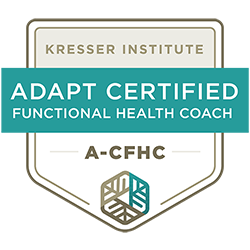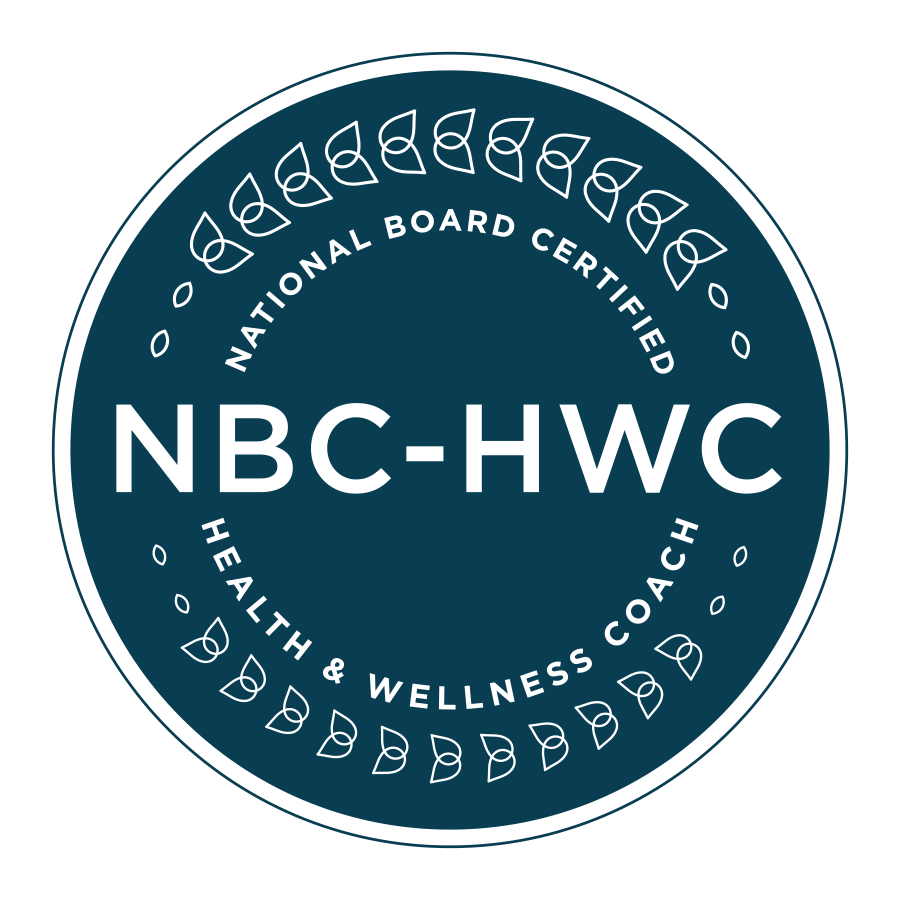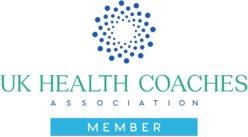This is Part 2 of my Blueprint Series: Fly well and perform at your best!, where I share my top tips that I use during a work flight to nourish myself and sleep well and ensure I arrive and perform at my best.
In Part 1 and Part 3, I shared with you my tips for before you fly, and after you’ve arrived.
Let’s dive in!
Page contents
1. Nourish yourself well
There are quite a lot of views out there on what works and what doesn’t in terms of what to eat and drink, and when.
It’s important to personalise your approach, so experiment with what works for you.
Try out these five tips during your flight to perform your best for work after arrival!
1.1. Food and fasting
I like to eat before I board the plane, fast for the flight, and then eat for my destination time zone after I arrive.
I find that when I do that I feel much less sluggish and fatigued compared to the occasions when I do eat plane food.
1.2. Why you should avoid food plane food too!
The simple reason that I avoid plane food as much as possible is because I’m not 100% sure whether it’s real food that is going to support my health and vitality. I will write about why it’s important to eat the right food elsewhere on my website, but, in short, airline food (even in premium classes) is going to be made for producing mass quantities as efficiently as possible, rather than made with your health and wellbeing as the priorities.
Fasting on a flight comes with some caveats!
I can fast easily for long periods because I’m used to fasting when I’m on the ground. So a long haul flight of 13 hours without food and only water is not a problem for me. This is one tip to get well accustomed to on the ground before you apply it during a flight.
Formula 1 racing drivers swear by it to help reset their body clocks quickly. I also find it helps me reset mine. But fasting is a stressor on the body, so get used to time restricted eating on the ground and turn yourself into a fat-burning machine before you try it in the air.
1.2. Alcohol
To drink or not to drink?
It’s a common question, and I think we all know the answer! If you want to feel good, and be your best on arrival, don’t drink!
Alcohol dehydrates you and, at altitude, the effects of alcohol are magnified.
They are going to make any sleep you get difficult and/or poor, and leave you feeling the effects of jet lag for longer.
Not only that, but if you’re drinking wine, the sulphites, sugars and other chemicals in wine will exacerbate those effects.
If I want a drink, I’ll have a drink at the airport and then pass on the plane. And if I want to go even further to make the best choice for arriving at my best, I’ll choose an organic wine that’s lower in sulphites, chemicals and sugar (if it’s available!).
It’s tempting to have a drink, but if you want to perform and feel your best after your flight, this is one tip to apply!
1.3 Water
Do you know how the water that makes your tea and coffee is stored on a plane? Do you know how often the big water holds are cleaned? No, nor do I!
You can feel your best by bringing your own bottled water on the plane, or having the bottled water the cabin crew hand out.
TOP TIP!
If you want to go the extra mile and avoid the chemicals and hormone disruptors you find in plastic bottles, drink from glass bottles.
1.4. Practise being mindful
One of the things I benefit from immensely is practising mindfulness during a flight.
I do it before I want to go to sleep (along with the tips below) to rest my mind, but also as the plane is coming into land.
It puts me in the right frame of mind for my work schedule ahead, and helps restore my balance after a flight.
TOP TIP!
As you’re coming into land, try this!
1. Put away your mobile device and focus on the several minutes before you land.
2. Be aware of how you’re sitting, where your body is making contact with the seat, how hot or cold the seat feels.
3. Notice what parts of your body are tense or relaxed. What is your breathing like?
4. Be present with the sights and sounds inside and outside the plane as they arise and pass away.
5. Observe with curiosity the route your plane is taking.
This is a simple practice, but one that you’re likely to have to practise on the ground in order to reap the most benefits during your flight.
1.5. Refreshing towelettes
I always pass on the refreshing towels or towelettes that are handed out on your flight so you can “clean” your hands.
They’re chock full of chemicals and hormone disruptors that are not conducive to optimal health. Things like phthalates, parabens, “fragrance”.
Wash your hands with some plain old soap instead!
2. Tips for sleeping well during your flight
“But I can’t sleep on a plane!”
It’s incredibly frustrating if you’ve tried to sleep on a flight and you simply can’t.
If you’re someone who thinks “impossible” when you read “sleep” and “plane” in the same sentence, I hear you!
If you fall into that category, taking a daytime flight will help. I also encourage you to try my other pre- and mid-flight tips to see if any combination of those helps you get some rest on board. They’re here in Part 1 and Part 3.
Try and choose a flight with your sleep pattern in mind, so you either minimise the need to sleep on the plane (particularly if you’re not used to it, or find it difficult), or align your flight times with your sleep schedule.
2.1. Should I sleep on board?
So, if you do fall into the lucky category of people who can fall asleep on a plane, here are my tips for when to sleep during your flight in order to perform at your best after arrival.
If flying eastbound:
Aim for a flight that arrives in the early evening. Plan to sleep in the early part of the flight. This helps you align with the earlier evening hours in your destination.
On the other hand, if an early evening arrival isn’t possible, aim to sleep on your flight when you would be sleeping in your destination time zone.So, when I fly eastbound (eg LHR-HKG or LHR-SIN) and arrive in the early evening, I go for a walk outdoors on arrival, or a gentle swim, eat a light meal, and then get a full night’s sleep. I eat before boarding my evening flight, get straight to sleep on board, and then wake up when most other passengers are still asleep, usually after 5 or 6 hours. Why? I knew that I’d still be getting a night to sleep after arriving in Hong Kong or Singapore.
If flying westbound overnight:
Delay your sleep until later in the flight. This helps you align your sleep with your destination’s later time zone.So, when I fly westbound (eg HKG-LHR or SIN-LHR) on the late evening departure that would arrive in the early morning at London Heathrow, I’d get on board, watch some movies, catch up on my reading, reflect on my trip, and go to sleep several hours into the flight, pretty much at the same time that my friends and family would be going to bed in London.
2.2. Make your environment dark and quiet for sleep
If you are sleeping, here are my top tips for minimising or eliminating the noises and distractions to maximise your chances of quality sleep.
Seat belt
Keep it as loose as possible and over your blanket so you don’t get woken up by the cabin crew check if your seat belt is fastened properly (granted, the turbulence might wake you up instead!).
Switch off from the outside world and sleep
When it’s time to sleep, it’s time to deploy your care pack!
Put your devices away.
Change into your sleeping clothes.
Put your earplugs in, and your noise cancelling earphones on top.
Put your eye mask on.
TOP TIP!
If you really do need to keep reading, wear your blue-light blocking glasses, or try turning your screen red [1]. It’s a trick to turn your iPhone / iPad screen red, and so cuts out even more of the blue light than “night shift” mode.
2.3. Breathe to fall back asleep
Try a 4-7-8 breathing exercise, or something similar if you wake up and want to fall back asleep.
Over to you!
Now it’s your turn to curate your own tips during your flight, so you too can arrive and perform at your best!
Don’t be afraid to experiment, and try things out.
Reflect on what you do try, and adjust your approach to find your own balance when you fly.
So, if you have a flight coming up, what will your mid-flight checklist look like, and what mid-flight tips will it contain for to help you arrive and perform at your best?
And how do you plan to implement it?
Happy experimenting!
Be wise, be healthy and be well!
Eric




